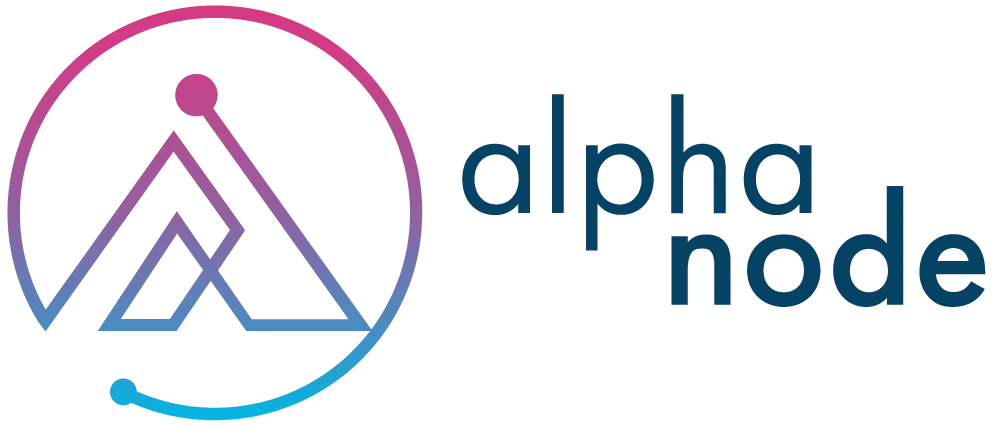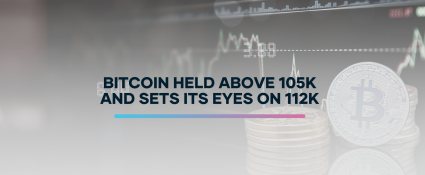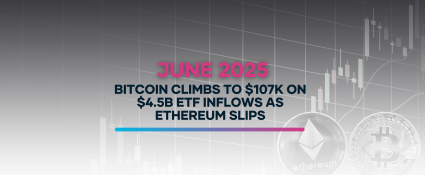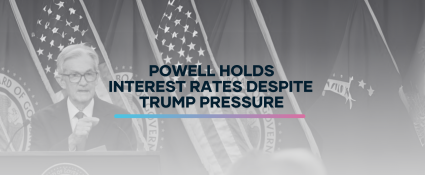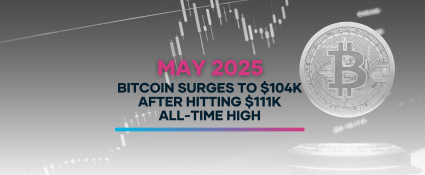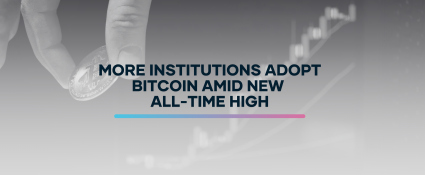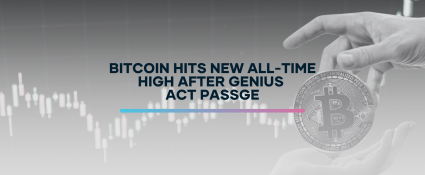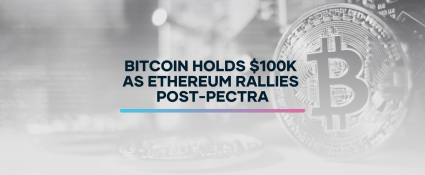Bitcoin Price: US$ 61,587.30 (-2.12%)
Ethereum Price: US$ 2,881.93 (-2.34%)
Despite Chair Gary Gensler’s previous statements declaring Ether was not a security, the SEC is currently considering labelling Ether as such, a move that could lead to the denial of spot Ether ETFs from firms including BlackRock, ARK 21Shares, Hashdex, Invesco Galaxy, and Fidelity. This development comes amidst reports suggesting that the commission has launched a probe into Ether. In a separate incident, the Alex protocol bridge on the BNB Smart Chain network experienced $4.3 million in suspicious withdrawals following a sudden contract upgrade, an event that CertiK has labelled as a possible private key compromise. This attacker seems to be extending their activities to other networks, as evidenced by a similar series of Alex upgrades on Ethereum shortly after the suspicious activity on BNB Smart Chain. Amidst these turbulent events in the crypto space, Galaxy Digital has reported a robust first quarter in 2024, with a 40% increase in net income from the previous quarter, climbing to $422 million, a success largely supported by record earnings in mining and management fees.
The State of Wisconsin Investment Board (SWIB) has made significant strides in the cryptocurrency market, investing in spot Bitcoin ETFs offered by Grayscale and BlackRock. With holdings exceeding 2.4 million shares in the BlackRock iShares Bitcoin Trust (IBIT) and over a million shares of Grayscale Bitcoin Trust (GBTC), valued at approximately $100 million and $64 million respectively, the Wisconsin Retirement System could potentially have exposure to crypto investments through these two asset management firms. In a parallel development, Deutsche Bank is forging a path in asset tokenization, collaborating with Singapore’s central bank as part of the Monetary Authority of Singapore’s (MAS) Project Guardian. The bank is set to test an open architecture and interoperable blockchain platform to service tokenized and digital funds, and propose protocol standards, marking a significant step towards industry progress. However, the crypto world is not without its challenges, as evidenced by the case of Alexey Pertsev, the developer of the cryptocurrency mixing protocol Tornado Cash. Despite Tornado Cash being a noncustodial crypto mixing protocol, Pertsev was found guilty of money laundering by Dutch judges at the s-Hertogenbosch Court of Appeal and sentenced to five years and four months in prison for allegedly laundering $1.2 billion worth of illicit assets on the platform.
Ethereum co-founder Vitalik Buterin has proposed EIP-7706, introducing a new gas model for transaction call data on the Ethereum network, aiming to address concerns regarding gas fees and scalability. Buterin’s proposal suggests implementing a separate gas fee for call data, distinct from fees for transaction execution and storage, with the goal of reducing costs associated with data-heavy transactions while adopting a unified approach to managing all three forms of gas through dynamic fee adjustments. Meanwhile, Bitcoin’s hash rate has experienced a decline post-halving as miners turn off unprofitable rigs, with CoinShares predicting a surge in hash rate next year despite temporary reductions attributed to rising mining costs, emphasizing the significance of infrastructure and energy efficiency for mining profitability. Additionally, Coinbase faced a major outage on May 14, disrupting user withdrawals and transfers, highlighting the potential impact of centralized exchange disruptions on mainstream trust in the cryptocurrency industry, particularly when compared to decentralized exchanges (DEXs) with significantly lower trading volumes.
On May 14, Tether, the world’s largest stablecoin issuer, took action against illicit activities by freezing $5.2 million of its stablecoin stored in 12 Ethereum wallets tagged as “USDT Banned Address,” which were reportedly used for laundering funds from phishing scams. This is not a new practice for Tether, as it has a history of freezing assets linked to illicit activities, blocking more than $1.3 billion since its launch, including approximately $1.6 million related to terrorist financing. In its fight against such activities, Tether has collaborated with 24 law enforcement agencies across more than 40 countries, responding to 198 requests to block wallets in the last 12 months and 339 in the last three years. In parallel, the Bitcoin ecosystem has seen a significant decrease in the number of new Runes etched daily, falling below 250 for the last six days, marking a 99% fall from its peak in late April. Despite this decline, Runes transactions continue to dominate in May. Runes, a new token standard launched at the fourth Bitcoin halving block on April 20, has provided memecoin and nonfungible token enthusiasts with a platform to inscribe and etch their favourite artwork, images, audio, and videos onto the Bitcoin network. Meanwhile, crypto exchange OKX is making strides in the Asia-Pacific region by moving its Australian-focused services under a locally regulated entity. OKX president Hong Fang has praised Australia for its dynamic customer base, which includes both sophisticated traders and those interested in crypto. Despite facing regulatory hurdles, OKX has managed to comply with local laws and does not foresee issues with its payment and banking partners, demonstrating its commitment to providing secure and compliant services.
Source: https://cointelegraph.com
Disclaimer: The following summaries are provided for informational purposes only and are not intended to infringe upon any copyrights. All rights to the original content belong to their respective owners, and the summaries are intended to provide a brief overview of the content. If you are the owner of any of the content summarised here and have concerns about its use, please contact us to discuss the matter further.
